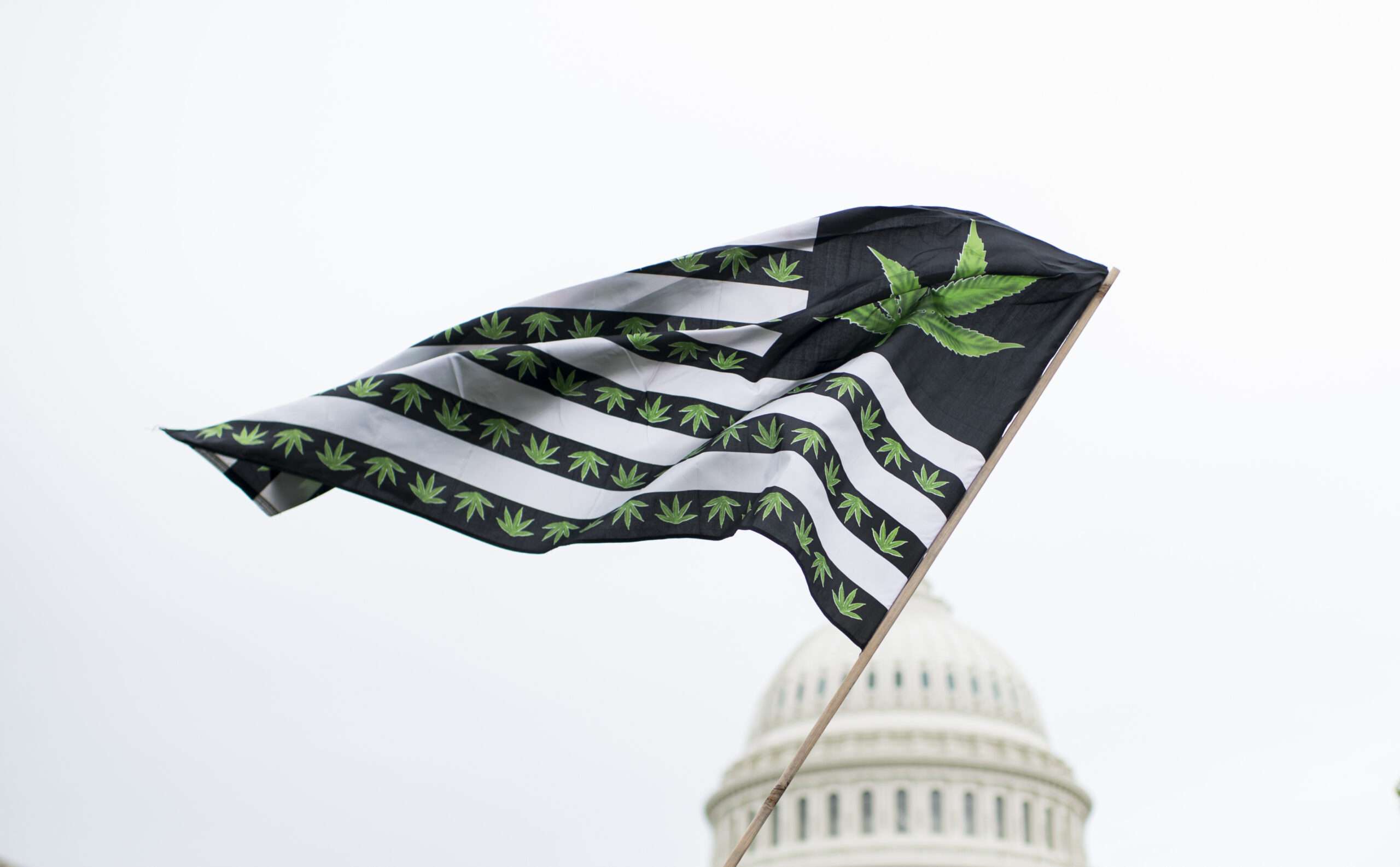The anticipated change in federal marijuana regulations is a step in the right direction, but it falls short of complete legalization.
According to the Associated Press, the U.S. Drug Enforcement Administration is planning to reclassify marijuana as a less dangerous drug, recognizing its medical uses and lower potential for abuse compared to more harmful substances. However, recreational use would still not be fully legalized.
This shift in policy marks a departure from decades of strict drug regulations. Since 1970, marijuana has been classified under Schedule I of the Controlled Substances Act, alongside drugs like heroin and peyote. This classification has been increasingly challenged as more states have legalized marijuana for medical and recreational use.
President Joe Biden’s call for a review of marijuana scheduling led to a recommendation from the Department of Health and Human Services to reclassify marijuana from Schedule I to Schedule III. Schedule III drugs have a lower potential for dependence and can be prescribed by doctors. Despite this change, marijuana would still be subject to regulation.
While the DEA’s decision to potentially reschedule marijuana is a positive step, the process will involve further review and public comment before any final rulings are made. The outdated prohibition on marijuana is increasingly unpopular among Americans, with a large majority supporting its legalization in some form.
The push to decriminalize marijuana entirely is gaining momentum, with advocates arguing that current classifications do not accurately reflect the drug’s safety and medical benefits. Ultimately, full decriminalization by Congress would be the ideal solution.





